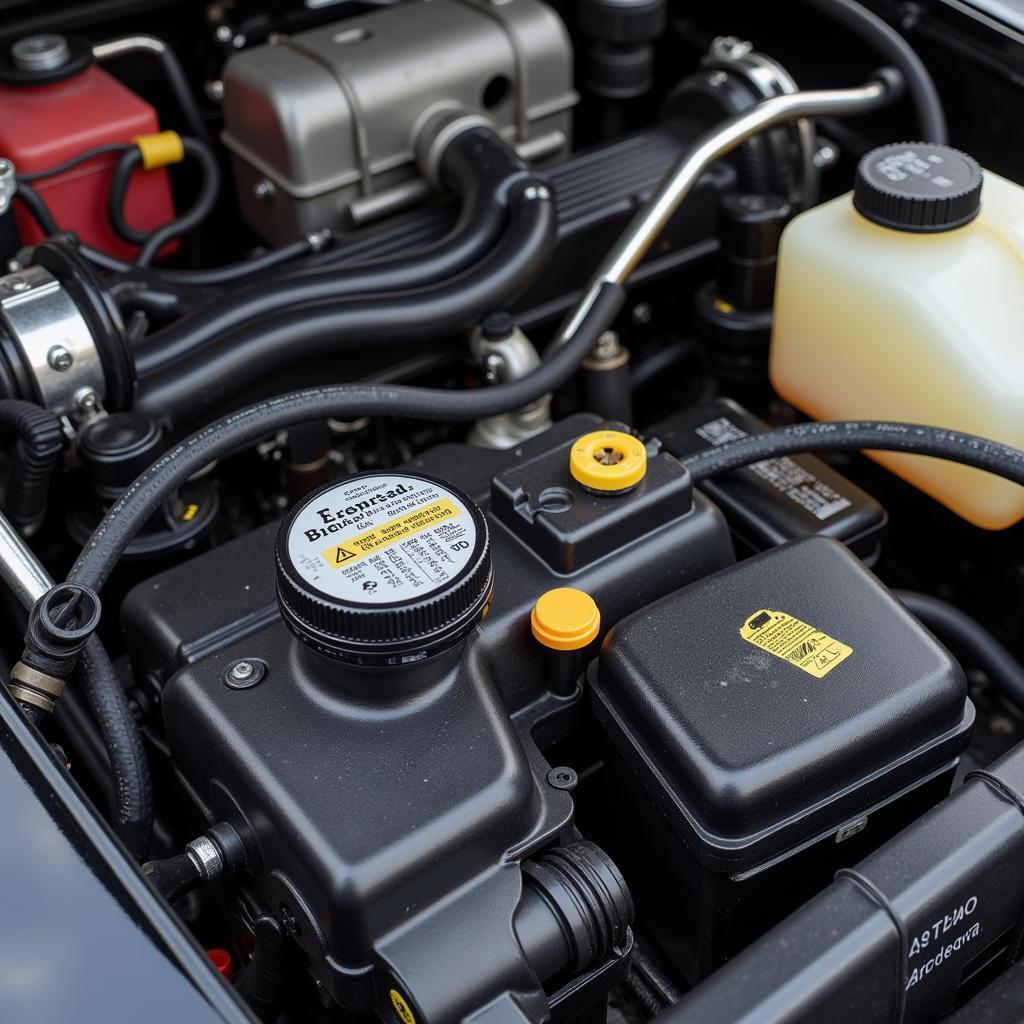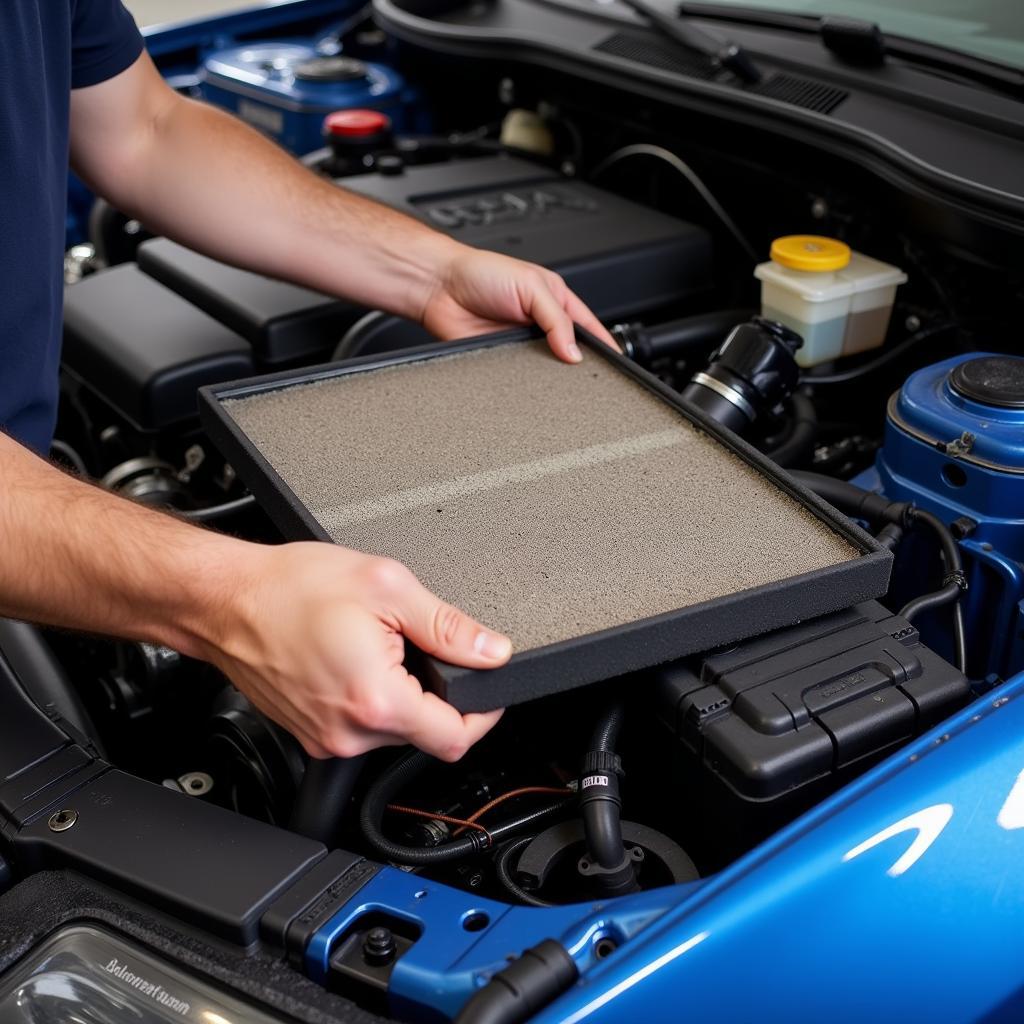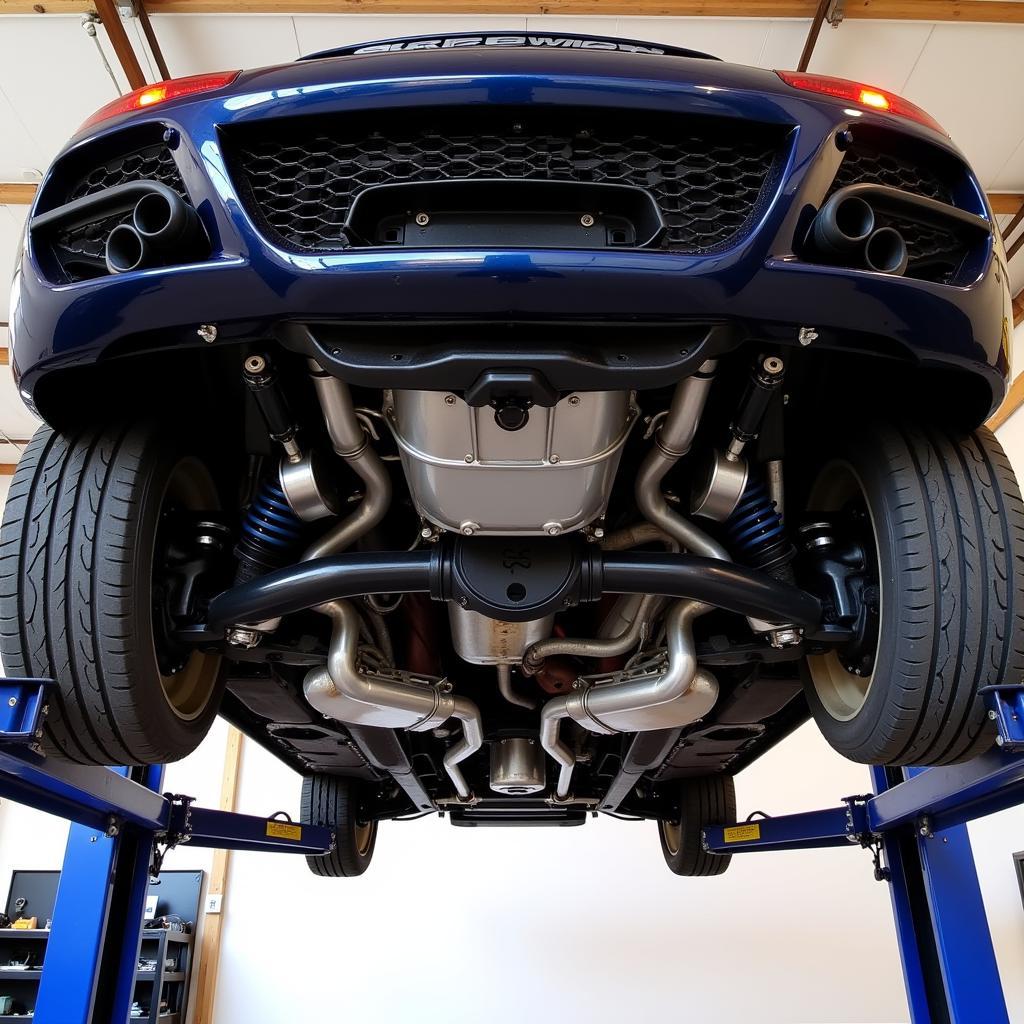Owning a sports car is a dream come true for many car enthusiasts. These vehicles offer exhilarating performance, head-turning aesthetics, and a driving experience like no other. However, maintaining a sports car requires a different approach than a regular car. These high-performance machines need specialized care to ensure they run at their peak and last for years to come. This guide will provide you with essential maintenance tips for keeping your sports car in top condition.
Regular Inspections and Maintenance
Regular maintenance is the cornerstone of keeping your sports car healthy. It helps identify potential issues early on, preventing them from escalating into costly repairs.
Check Fluids Regularly
Sports cars use high-performance fluids, and these need regular checks. Make sure to check the following:
- Engine oil: The engine oil is vital for lubrication, cooling, and cleaning the engine. Check the oil level using the dipstick and ensure it’s between the “full” and “low” marks. Replace the oil every 3,000-5,000 miles or according to the manufacturer’s recommendations.
- Coolant: Coolant keeps the engine from overheating. Check the level in the coolant reservoir and top it off if needed. Replace coolant every 2-3 years or according to the manufacturer’s instructions.
- Brake fluid: Brake fluid transmits pressure from the brake pedal to the calipers. Check the level in the brake fluid reservoir and top it off if needed. Replace brake fluid every 2-3 years or according to the manufacturer’s recommendations.
- Power steering fluid: Power steering fluid assists in steering. Check the level in the power steering reservoir and top it off if needed. Replace power steering fluid every 3-5 years or according to the manufacturer’s instructions.
“Maintaining fluid levels is crucial, especially for sports cars. Don’t wait until your car starts showing problems, check fluids regularly and stay ahead of potential issues,” advises John Smith, Master Mechanic at Sports Car Garage.
 Sports car engine bay
Sports car engine bay
Tire Pressure
Sports cars have high-performance tires designed for maximum grip and handling. Check the tire pressure regularly, ideally before every drive, and make sure it aligns with the manufacturer’s specifications. Under-inflated tires can increase wear and tear, affect handling, and lead to blowouts.
Brake Pads and Rotors
Sports cars often use performance brake pads and rotors that wear out faster than standard brakes. Check the brake pads and rotors regularly and replace them as needed. Ignoring worn-out brakes can lead to dangerous situations, especially during high-performance driving.
Regular Oil Changes
Sports car engines often have tighter tolerances and higher RPMs than regular engines. This means they generate more heat and stress, requiring more frequent oil changes. Follow the manufacturer’s recommended oil change intervals, which are typically shorter than those for regular cars.
Air Filters
Air filters keep dust and debris from entering the engine, preventing wear and tear. Replace the air filter regularly, especially if you drive in dusty or dirty environments.
 Replacing a car air filter
Replacing a car air filter
Spark Plugs
Spark plugs are vital for ignition, ensuring your engine runs smoothly. Replace spark plugs every 30,000-50,000 miles, or more frequently if you notice performance issues.
Engine Belts
Engine belts power various components like the alternator, power steering pump, and water pump. Check the belts for wear and tear, including cracks, fraying, or excessive looseness. Replace worn-out belts promptly to prevent unexpected breakdowns.
“Many sports car owners skip regular maintenance, but it’s vital. Regular inspections and maintenance are the key to keeping your sports car running strong,” says Peter Jones, a veteran sports car mechanic.
Specialized Maintenance for Sports Cars
While regular maintenance is important for all cars, sports cars require additional attention to their specific components.
Suspension and Handling
Sports cars often have specialized suspension systems designed for optimal handling. Inspect the suspension components for wear and tear, including struts, shocks, sway bars, and control arms. Replace worn-out components promptly to maintain handling performance and ensure safety.
Exhaust System
Sports cars often have high-performance exhaust systems designed for sound and performance. Inspect the exhaust system for leaks, damage, or corrosion. Repair or replace any issues promptly to prevent exhaust gases from entering the cabin or causing other problems.
Steering and Drivetrain
Sports cars typically have power steering systems and high-performance drivetrains that require attention. Check the steering rack, steering linkage, and drivetrain components for any signs of wear or damage.
 Sports car undercarriage inspection
Sports car undercarriage inspection
Engine Tune-Ups
High-performance engines require more frequent tune-ups than regular engines. Have your engine tuned up regularly, including checking the ignition timing, fuel system, and other components. A properly tuned engine will run more smoothly, deliver optimal power, and increase fuel efficiency.
Maintain the Interior
While not strictly a mechanical maintenance task, maintaining your sports car’s interior is essential to keep it looking its best. Regularly clean the upholstery, carpets, and dash to prevent stains and dirt buildup.
car maintenance form pdf
Conclusion
Maintaining a sports car is essential for keeping it in top condition and enjoying its performance for years to come. Regular inspections, maintenance, and attention to specialized components will ensure your sports car stays healthy, safe, and delivers that exhilarating driving experience you crave.
 Red sports car driving on a scenic road
Red sports car driving on a scenic road
If you have any questions or need assistance with your sports car maintenance, contact AutoTipPro today at +1 (641) 206-8880.
FAQ
Q: How often should I change the engine oil in my sports car?
A: The oil change interval depends on the manufacturer’s recommendations and your driving style. However, most sports car engines require oil changes every 3,000-5,000 miles.
Q: What are the signs of worn-out brake pads?
A: You may notice a grinding or squealing sound when braking, or a spongy brake pedal. If you see the brake pad material is low, or you see the metal backing plates, it’s time to replace them.
Q: How can I tell if my sports car’s suspension needs attention?
A: If you notice bouncing, swaying, or uneven handling, there’s a good chance your suspension needs attention. Check for any leaking fluids, worn-out rubber components, or loose bolts.
Q: How often should I check my tire pressure?
A: Ideally, check your tire pressure before every drive. Always aim for the pressure specified by the manufacturer, found on the driver’s side doorjamb or in your owner’s manual.
Q: What are some tips for maintaining my sports car’s interior?
A: Regular cleaning is key. Use a vacuum cleaner to remove dirt and debris. Clean the upholstery with a specialized cleaner and protect the leather surfaces with a leather conditioner. Avoid eating or drinking in your sports car to prevent spills and stains.







Leave a Reply